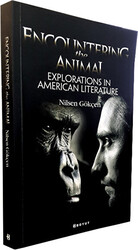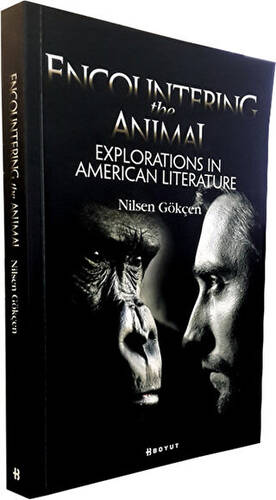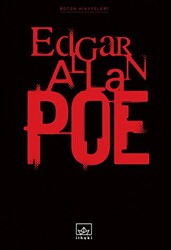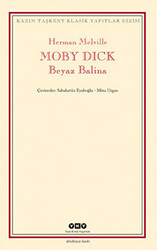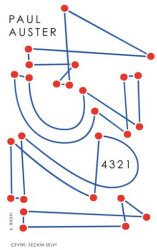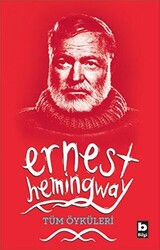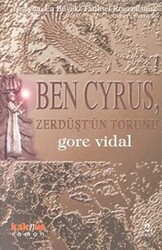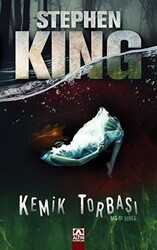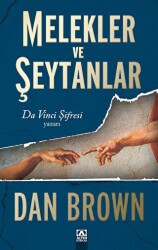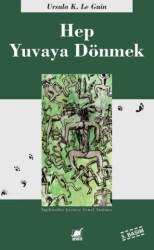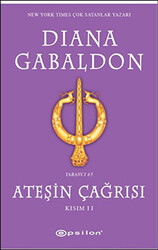Encountering the Animal: Explorations in American Literature
Tükendi
Stok AlarmıEncountering the Animal: Explorations in American Literature presents varieties of human-animal encounters along a panorama that ranges from the early examples of American fiction to contemporary authors. As well as discussions on literary texts, the book includes an Introduction to the Animal Studies or Human-Animal Studies, a field that has shown probably the fastest growth in the West in the last decades. Animal Studies, an interdisciplinary platform enriched with contributions from scholars and thinkers from philosophy, applied sciences, as well as literature, has been the focus of increasing critical attention as a result of the rising ecological awareness and recent studies that topple down humans from their privileged and exclusive positions, proving not only the extraordinary similarities between animals and humans but also the emotional and psychological human need for animals. In this book, Animal Studies has been introduced and discussed with particular emphasis on language, the most prominent line of division between humans and animals, on civilized humanity vs. animals/animality, and on animal-human relationships and connections.
Based on such a theoretical background, Nilsen Gökçen’s work demonstrates unexpected instances of encounters with animals that have become rendered insignificant and almost invisible by the fiction of civilization. After an introduction to the major figures and debates in Human-Animal Studies, the next two chapters discuss Nathaniel Hawthorne’s *Rappaccini’s Daughter* and The Marble Faun respectively with particular emphases on the connections between animals and women, who have likewise been made invisible by both religion and science, and on the lost human-animal ties with references to the biblical narratives. The chapter that examines the Southern writer Flannery O’Connor’s Wise Blood discusses the animal images within the human-city-civilization context. The last chapter which discusses the Canadian novelist Margaret Atwood’s feminist dystopia The Handmaid’s Tale delves deeper into the connection between women’s and animals’ bodies and demonstrates how women’s bodies merge with the images of consumable meat, pets, game animals, or the feared and annihilated wild animals. The book concludes with reemphasizing the point that the condition for humanity’s reaching its potential to become really *human* depends on a rediscovery of the animality of the human body and its ancient ties with other animals.
The significance of Nilsen Gökçen’s book lies in its coverage of American literature from canonical to contemporary texts and in being one of the first books published in Turkey on Animal Studies, which can provide grounds for forthcoming research in the field.
